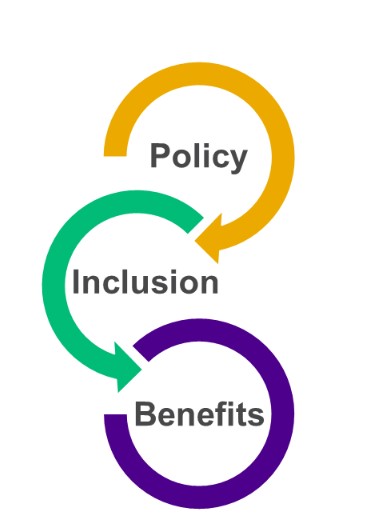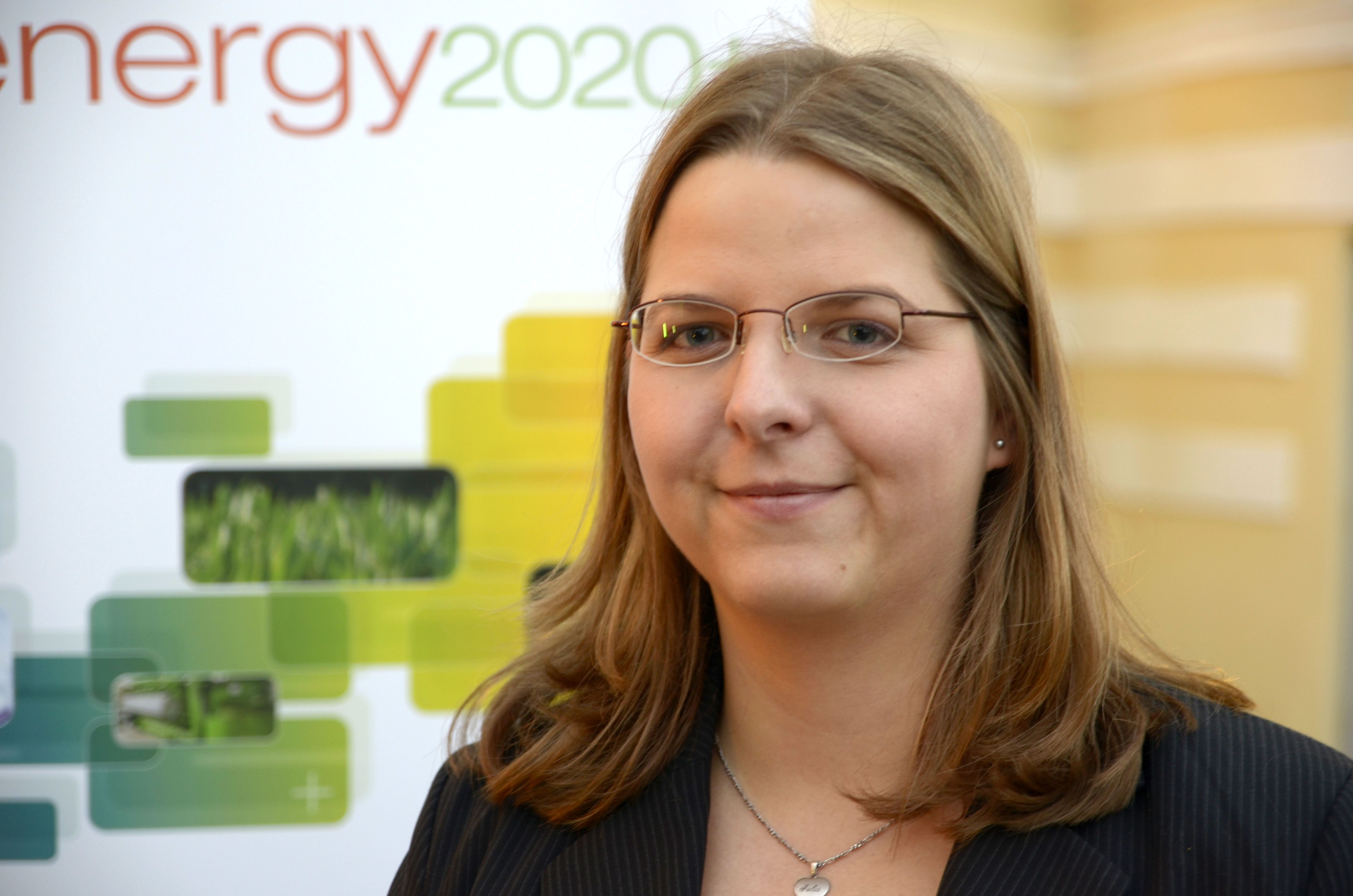Lessons learned from Alternative Fuels Experience
Purpose, Objectives and Key Question
Decarbonizing the transport sector is one of the key objectives of national and international climate change mitigation policies. Alternative fuels and propulsion systems are of particular importance in reducing GHG emissions from this area. Many countries are actively seeking to increase the share of renewable energy sources in the transport sector.
However, experience with various attempts to introduce alternative fuels and vehicles to the market has shown that this is not always successful. Several participants in the AMF TCP have therefore proposed this project on lessons learned from market launch attempts.
The key questions that this project should answer are:
- Which factors determine whether the market launch of alternative fuels and vehicles will succeed or not?
- Can success factors and pitfalls, lessons, and recommendations for better action be deduced from the experiences of different countries in the last decades?
- How can people involved in the development of market introduction measures be supported?
Activities
Task 59 analyzed particular case studies that take into account the specific framework conditions for each country. The first step was to identify relevant case studies for each participating country.
Task participants from Austria, China, Finland, Japan, Sweden and the United States collected data and information on past market introduction case studies and described these according to the developed template. In addition to the descriptions, representatives from different stakeholder groups like ministries/authorities, automotive industry, fuel manufacturers and advocacy groups/organizations in the participating countries were interviewed on prior market introduction attempts and their insights were collected.
The case studies’ drivers for market implementation, country-specific circumstances, measures taken, and stakeholders involved were checked against the result of the market implementation as part of the analysis. Success factors and show-stoppers as identified in the case study descriptions were supplemented with the results from analysis by the Task team.
Results and findings from the respective case studies were discussed in an expert workshop with experts from the AMF TCP and external experts. Based on the results and discussions of the expert workshop, the Task determined the final lessons learned and recommendations, as described in the final report and summarized in the key messages.
Key Findings
The findings of the project led to the definition of three important pillars for a successful market introduction of alternative fuels: policy, inclusion and benefits.
Policy
Policy is a very important instrument for transitioning the future transport system. There is the need for long-term national and international policies with a comprehensive strategy. This includes a package of measures with financial and non-financial incentives. The coordination of government, academia, and industry within the implementation is important.
Inclusion
The involvement of all groups of stakeholders along the value chain is necessary. The perception of the general public on alternative or new fuels needs to be improved. Additionally, the future transport system should include different types of alternative drive systems and fuels, suitable for different applications. Existing infrastructure should be used with increased share of renewable drop-in fuels. New fuels and drive systems can complement
drop-in fuels.
Benefits
Policy and inclusion should lead to benefits. It is essential that there are visible benefits or cost benefits for all groups of stakeholders to make the alternative fuel or propulsion system attractive.
Main Conclusions
Consistent policies and integration of all stakeholders are both necessary to overcome barriers for a successful market implementation of alternative fuels and propulsion systems.
There is the need for long-term and comprehensive policies, on national and international level, which include markets, stakeholders and different technologies to gain benefits for all types of stakeholders along the value chain of the transportation system.
Publications
AMF Task 59 Lessons Learned from Alternative Fuels Experience – Final Report (June 2021):
https://iea-amf.org/app/webroot/files/file/Annex%20Reports/AMF_Task_59.pdf
AMF Task 59 Lessons Learned from Alternative Fuels Experience – Key Messages (June 2021):
https://iea-amf.org/app/webroot/files/file/Annex%20Reports/AMF_Task_59_%20Key_Messages.pdf
|
Project Duration |
April 2019 - June 2021 |
|
Participants Task Sharing Cost Sharing |
Austria, China, Finland, Japan (LEVO), Sweden, United States None |
|
Total Budget |
~EUR 151,500 (~USD 184,000) |
|
Task Manager |
BEST - Bioenergy and Sustainable Technologies GmbH |



